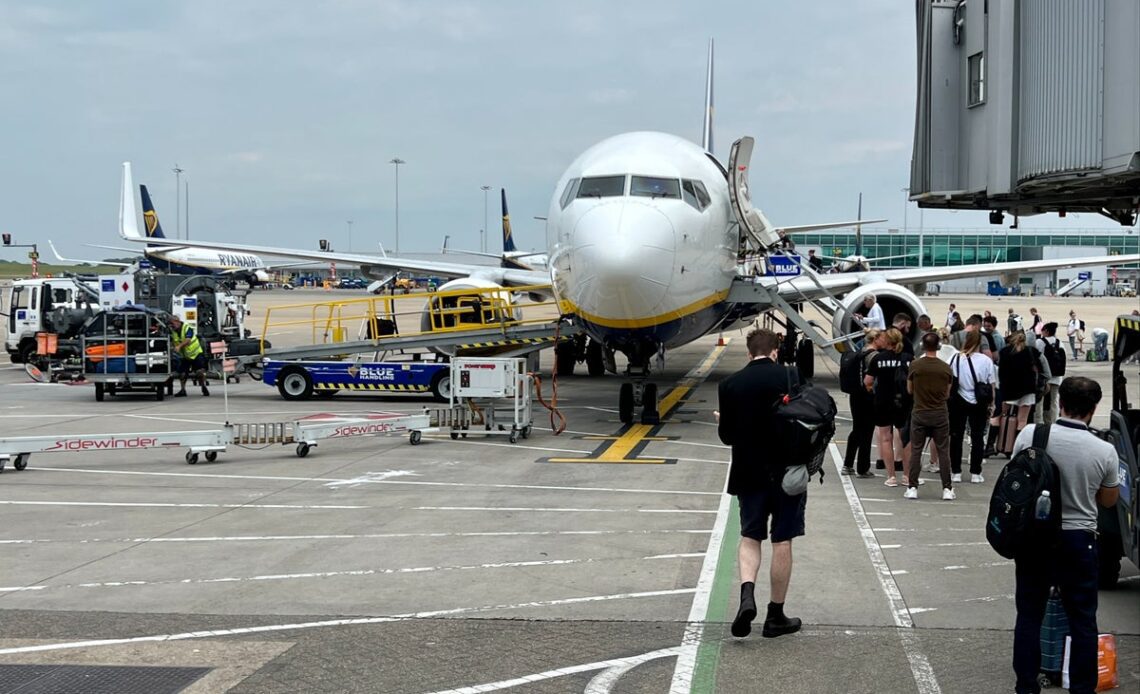In west London, a noisy night for residents spells a profitable night for any taxi and Uber drivers who are prepared to work into the early hours. After midnight on Monday morning at London Heathrow, a succession of planes touched down. Normally all arriving aircraft are tucked in by 11pm.
The tardy half-dozen were British Airways Airbus jets arriving well behind schedule from Dublin, Glasgow, Naples, Pisa, Porto and Prague. Around 900 weary passengers then trudged through the echoing terminal buildings, discovering that the Underground and rail lines had closed for the night. As the Heathrow stragglers sorted out their onward travel arrangements and possibly grimaced at the cost, across at Gatwick thousands of easyJet passengers were still waiting for the chance to fly.
On Sunday, easyJet had grounded more than 60 flights. They included a pair of departures to Cyprus, flights to various Greek islands and the 1,800-mile haul to Antalya.
Monday’s cancellations by Britain’s biggest budget airline at its main base, London Gatwick, topped 40. Among the fallers: Lanzarote (again), Chania in Crete and Dalaman in Turkey.
After I wrote about the disruption to the travel plans of tens of thousands of BA and easyJet passengers, “Call me Frank” on Twitter asked: “Where does the fault stem from?”
Frank offered three possible explanations:
- Weather, some huge storms?
- Lack of aircraft or crew?
- Poor management/planning?
Let me tackle them in order.
Weather was the trigger. From a pilot’s point of view, storms pose a serious threat. Aviation professionals are, I am glad to say, obsessed about safety. One very significant reason why UK and Irish airlines enjoy remarkable accident-free records is intolerance of risk. And that means avoiding cumulonimbus clouds of the kind that lashed the southern half of Britain on Sunday and Monday.
Next, was there a lack of aircraft or crew? Evidently. An extended delay can turn into a cancellation if the crew reach their maximum duty times. Even if the trip goes ahead with a delay of, say, four hours, there are knock-on effects: strict rules on minimum rest for crew kick in; and a plane due to fly from A to B might still be on the ground in C.
You (or Frank) might counter: surely resource shortages are the result of poor management/planning? Both BA and easyJet are, in my view, well run.
The trouble is,…
Click Here to Read the Full Original Article at The Independent Travel…
